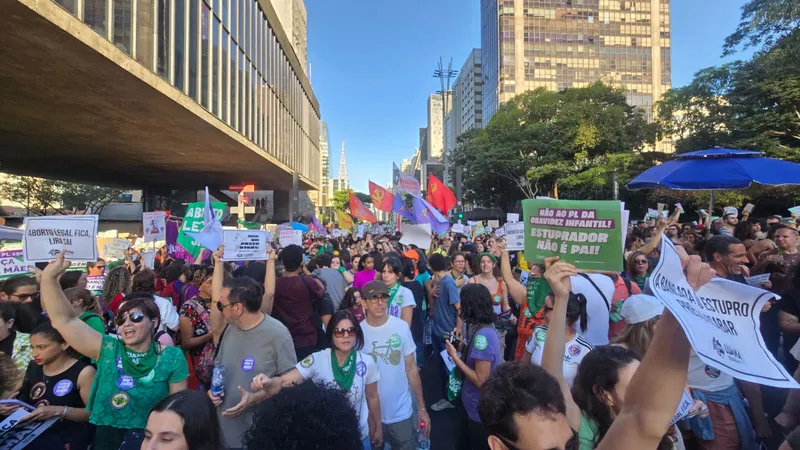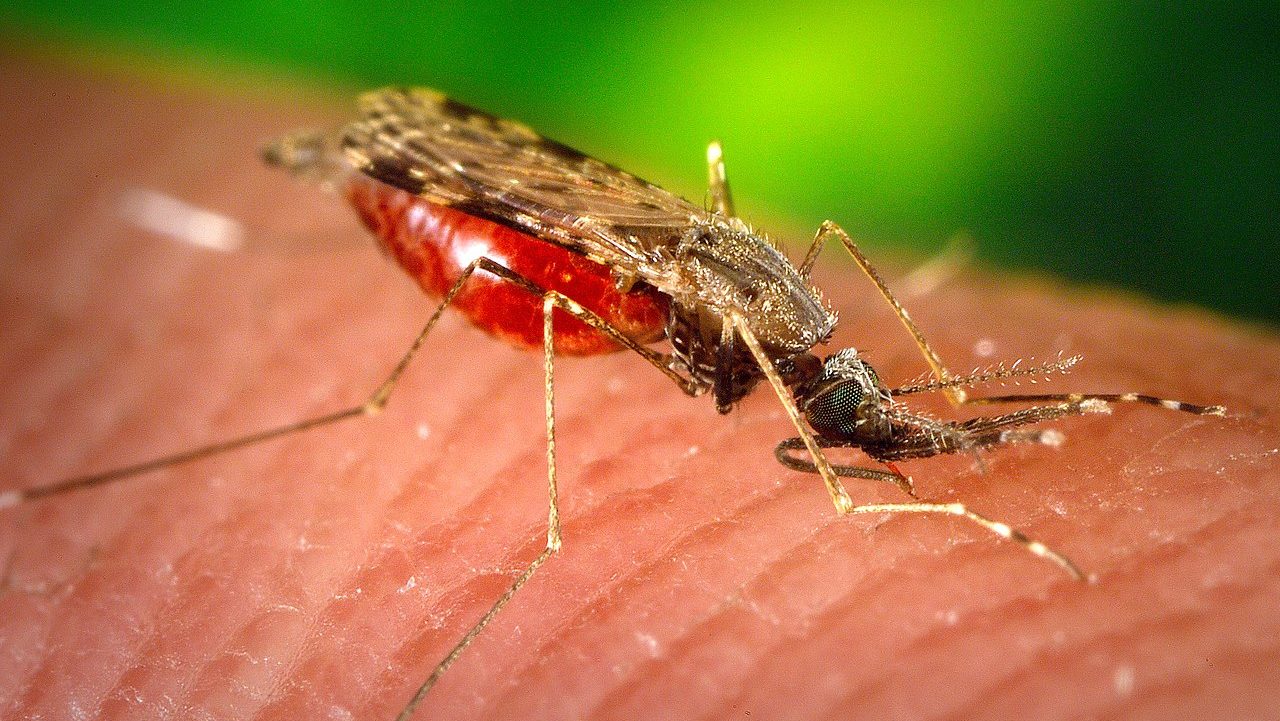Bulletin #79: Alternative visions of health in Zambia and Europe emerge; Gaza crisis continues
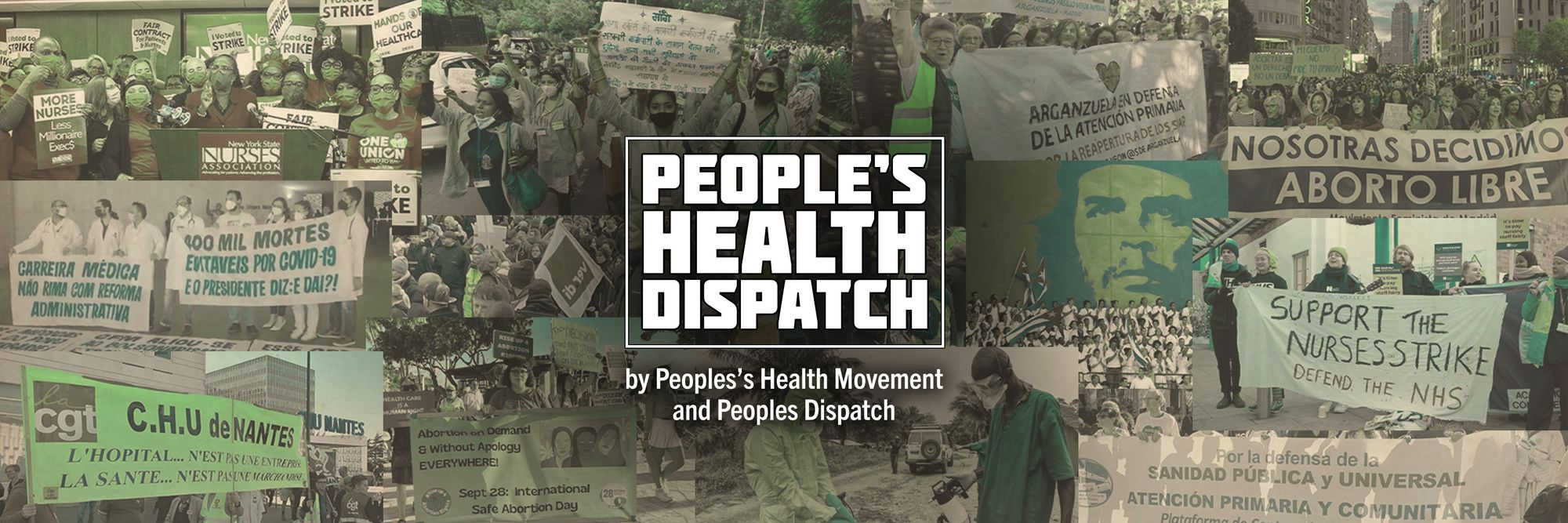
This fortnight
More than eight months into the brutal Israeli war on the Gaza Strip, Palestinian health workers remain primary targets of the Israeli armed forces. Hundreds of ambulance drivers, nurses, doctors, and physiotherapists have been killed since the beginning of the attack. Many more are illegally imprisoned and subjected to torture, while others have simply been disappeared. Meanwhile, the presence of health workers among those displaced by the war has never been more critical, with hunger rates rising daily and the heat bringing additional health risks, including communicable diseases.
A recent cholera outbreak in Zambia, which killed hundreds of people, spurred the Socialist Party to launch a mobile clinic program to bring healthcare to communities. Since the establishment of the clinic, its staff has supported public health classes to inform communities about preventing malaria and cholera, as well as the importance of cancer screening. The program represents a lifeline for those who remain out of reach of the overwhelmed health system.
In France, health is under threat from the expected rise to power of the far right. Despite polls indicating the National Rally might win the majority of seats in the ongoing parliamentary election, health activists believe there is a chance to stop this scenario and are mobilizing toward that end.
More mobilizations are ongoing for the improvement of the status of health workers, especially migrant health workers. A meeting of trade unionists, health activists, and migrant health workers has launched an initiative to create a different health workforce policy for Europe—one not based on aggressive recruitment and exploitation of health workers from the Global South.
Reshaping frameworks that dominate health systems worldwide, including international recruitment of health workers and intellectual property prerogatives, is difficult to imagine. Yet, examples throughout the history of medicine show that such changes are possible. One such example is Jonas Salk, who discovered the polio vaccine and refused to patent it for his own profit.
A different vision for health around the world might be imaginable but is far from reality in the United States. Among many problems, sexual and reproductive healthcare services continue to struggle under the impact of the overruling of abortion rights two years ago, with poor women shouldering most of the burden.
In focus: Health in Palestine
Remember the Palestinian doctors killed by Israel
Israel has systematically attacked Gaza’s health system and killed over 700 health workers, a flagrant violation of international law
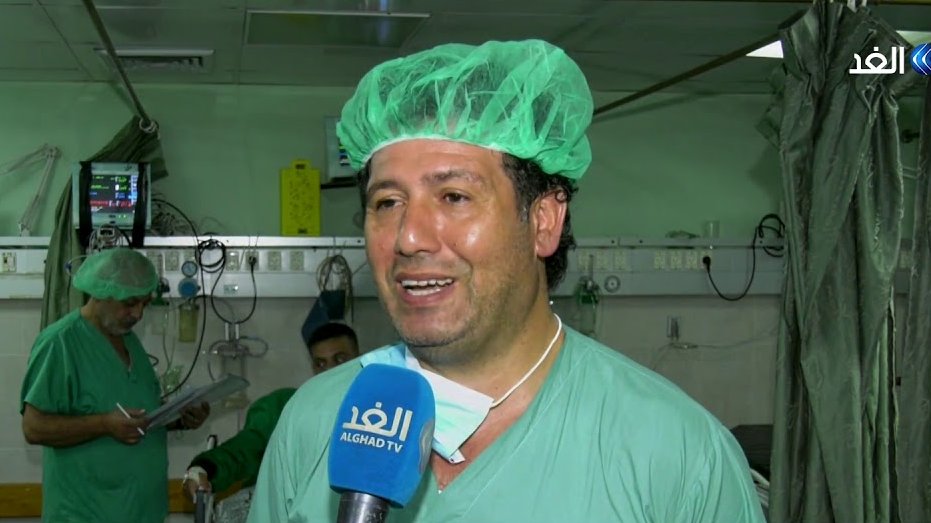
Heat brings more health risks to Gaza Strip
Rising temperatures are introducing new health risks to Gaza’s population, already suffering from overcrowding and the destruction of sanitation infrastructure, compounded by continuous Israeli attacks
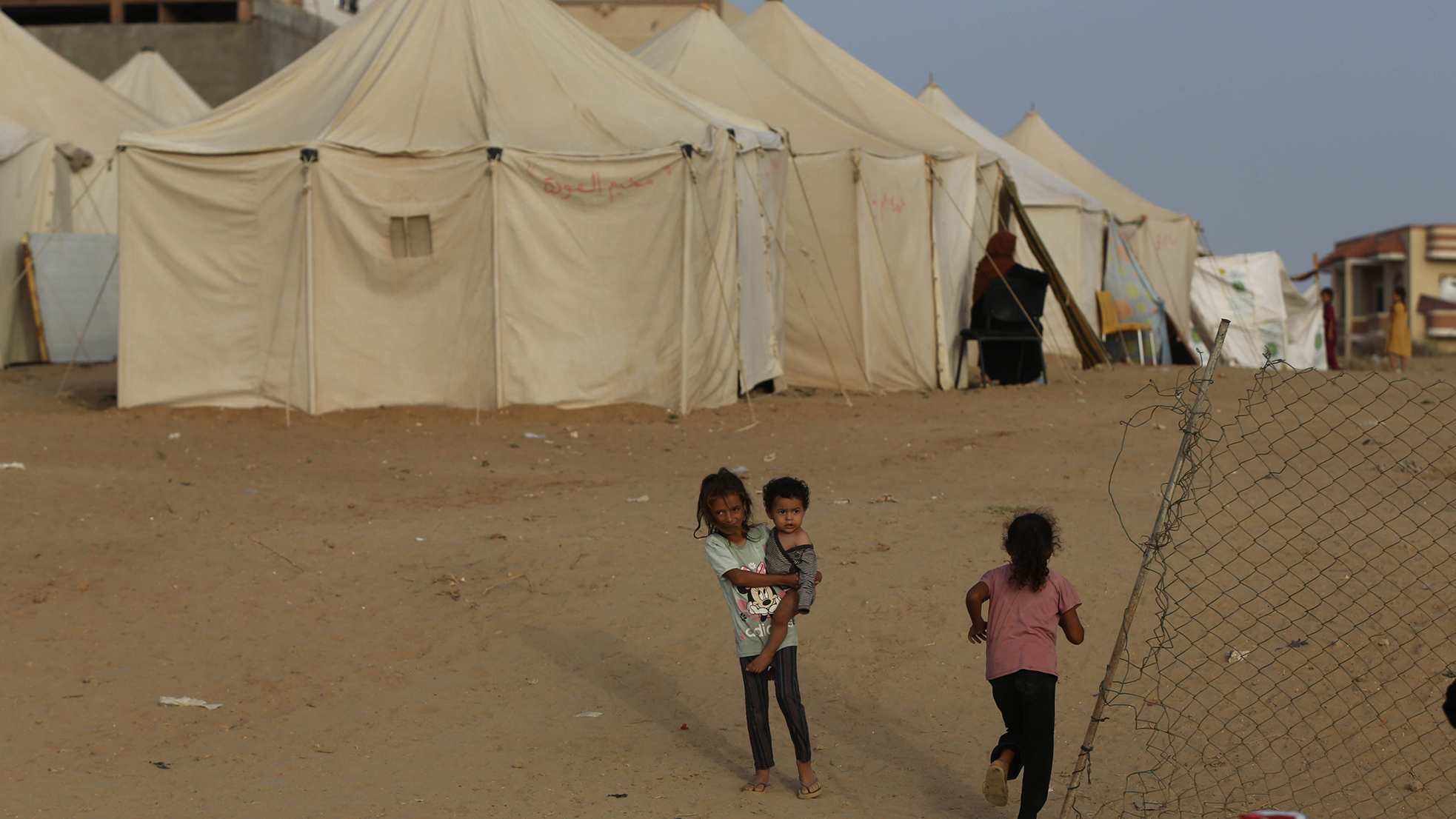
Over 100 Palestinian health workers are still being illegally detained by Israel
The fate of over 100 imprisoned Gaza health workers remains unknown as media reports on deaths during interrogations emerge
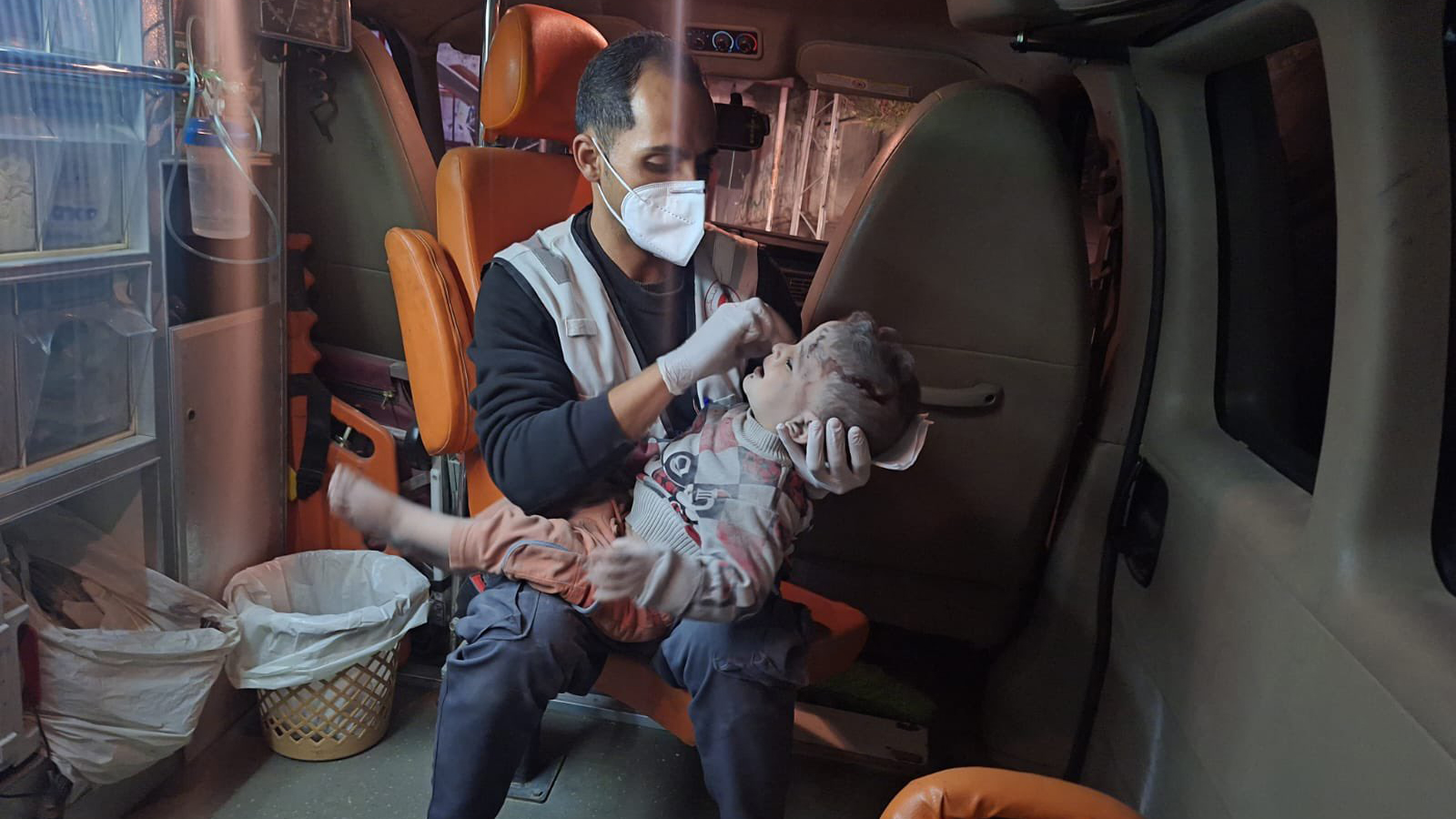
Featured articles
Popular Health Mobile Clinic brings health to communities in Zambia
Prompted by the experience of a recent cholera outbreak, the Socialist Party of Zambia launched a mobile clinic in the effort of making health care more accessible to everyone
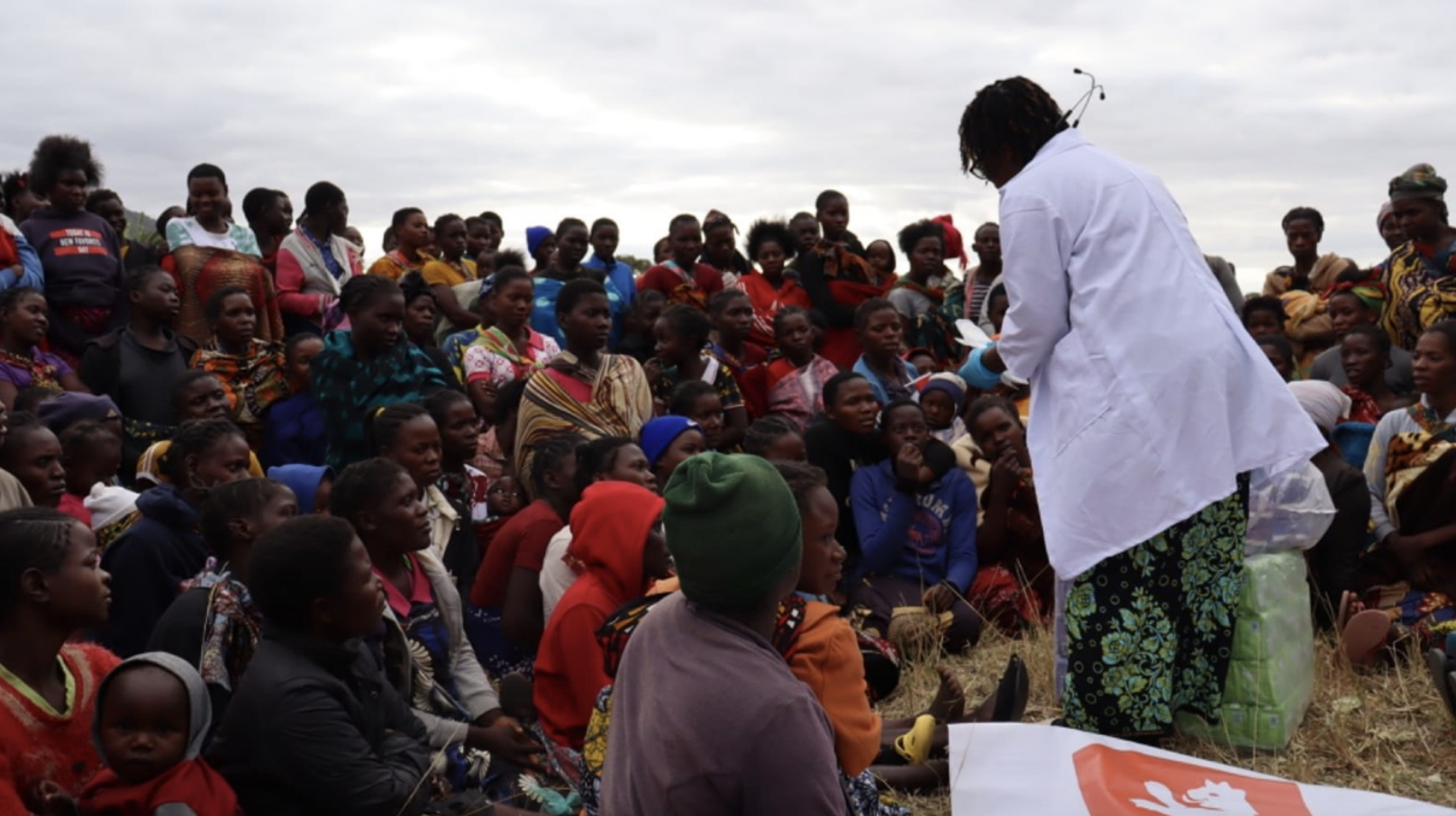
Health activists in France warn that the extreme right is a danger to health for all
Social movements and trade unions in France are rallying behind the New Popular Front, which promises a genuine alternative to the far-right and liberal health policies
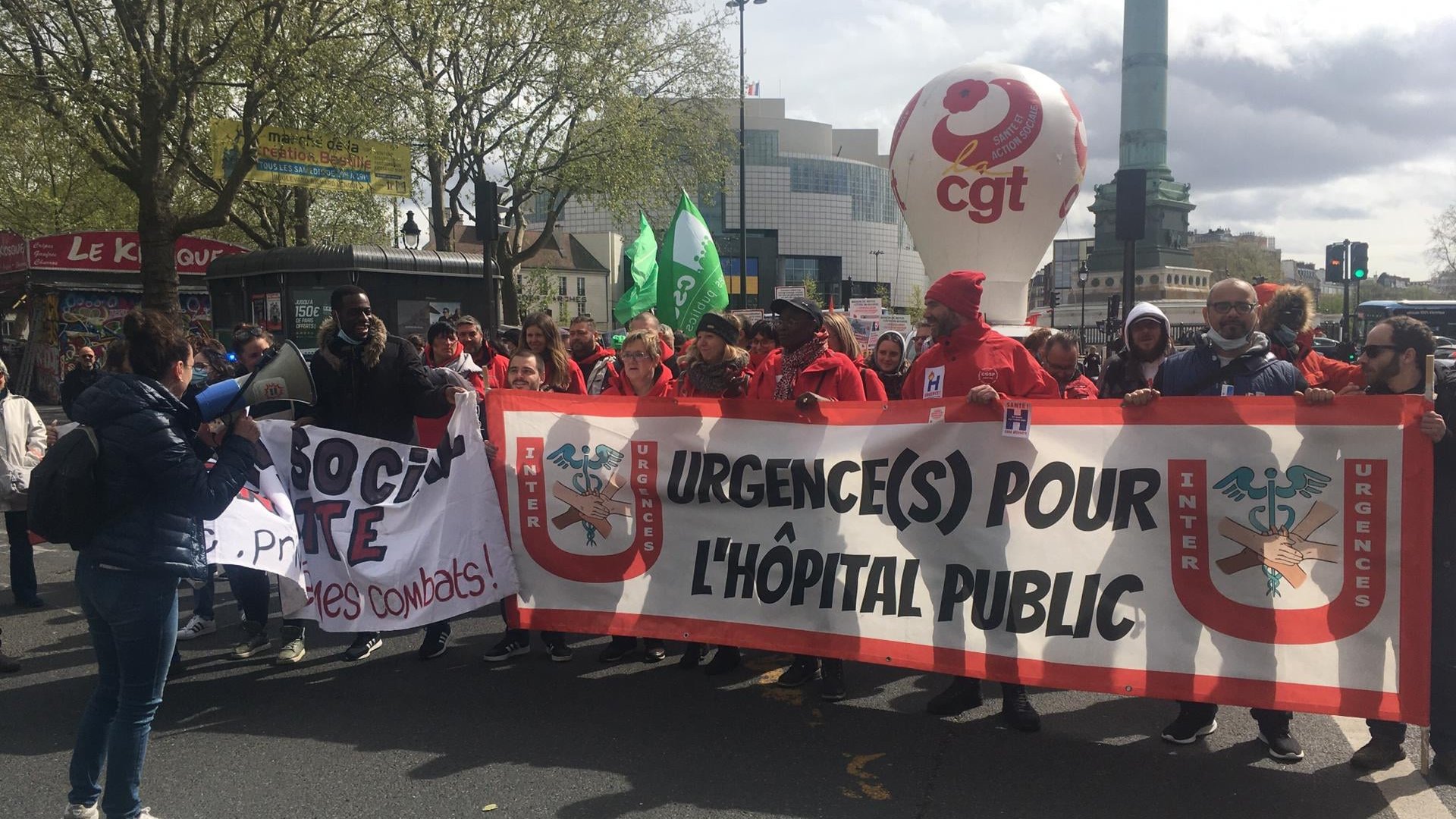
29 years without Jonas Salk: against the normalization of the absurd
Nearly three decades after Jonas Salk’s passing, his legacy continues to highlight the need for building a different pharmaceutical industry

Activists and trade unions ready to shape new vision of Europe’s health workforce
Health workers, trade unions, and activists are gearing up to shape a new approach to health workforce policy in response to the current model promoted by governments in Europe
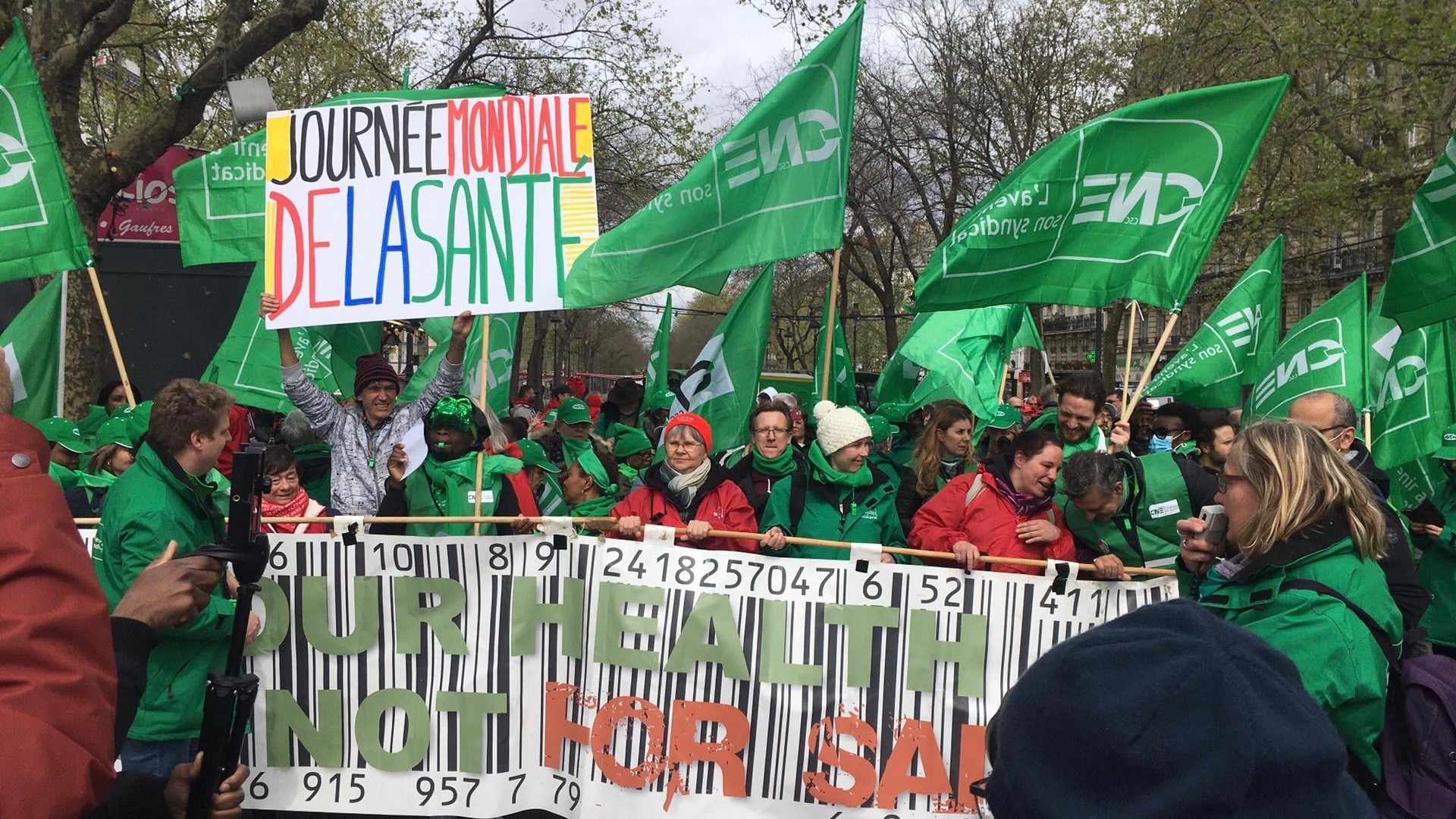
Two years since abortion rights were overturned in the US, poor women bear the brunt of restrictions
How have poor and working women been affected by the overturning of nationwide abortion rights over the past two years?
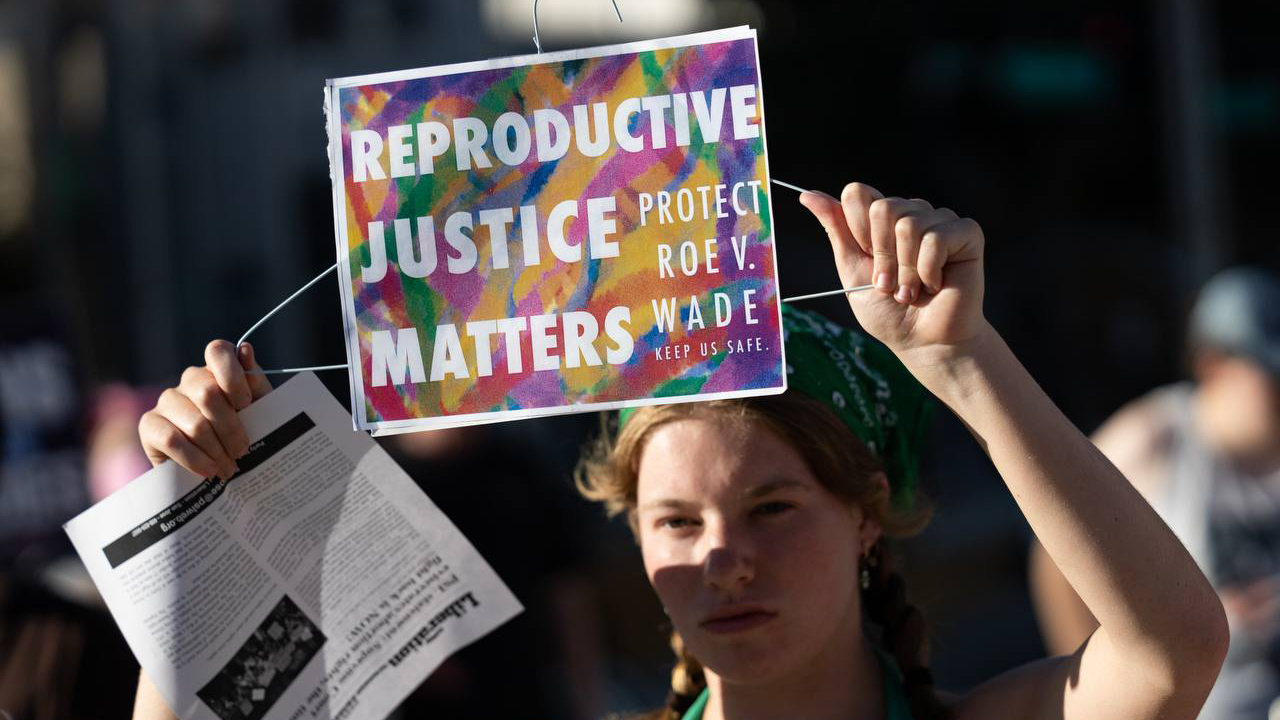
Data speaks
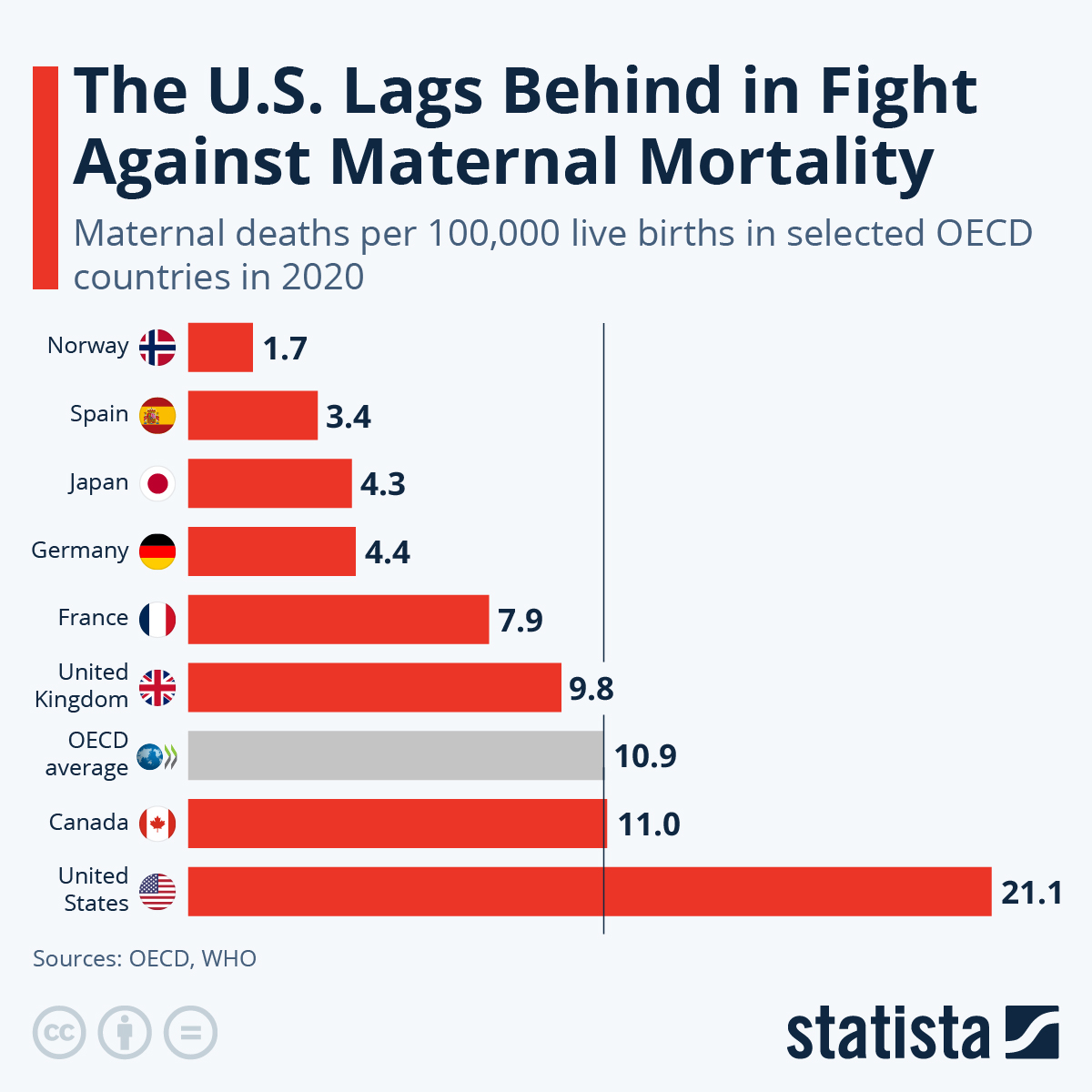
In case you missed it

